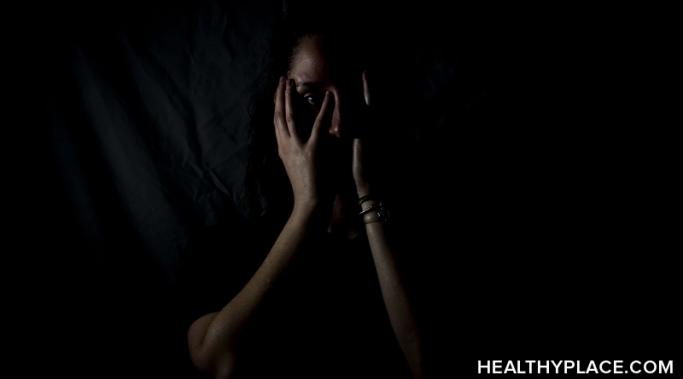Blogs
While it's too soon for an official poll to have been conducted regarding the mental health effects of George Floyd's death and the subsequent riots, it seems that our levels of anxiety and stress have taken another significant blow. With so much uncertainty and chaos in the world, it makes perfect sense to experience anxiety. That doesn't mean, however, that we're all powerless to regain personal control. You can use the following strategies to help your anxiety during this time of chaos and uncertainty.
Ever since I was clinically diagnosed with attention-deficit/hyperactivity disorder (ADHD), I'm hesitant to disclose that I have it—even with close friends.
Refusing to take things personally can lead to a more relaxed life where you aren't constantly worrying about being criticized. When you stop taking things personally, you can boost your self-confidence, worry less, and rebound from failures with enthusiasm.
As the United States is ablaze in chaos that has erupted from systemic racial violence, I find myself worried for the mental health of Black men and women because—false stereotypes aside—Black people suffer from eating disorders too.
Near where I live, there are a couple of little boxes where people can leave books they wish to donate, as well as take any books they may find interesting. Over the past few weeks, I’ve given away quite a number of books to these boxes, and in the process, I’ve felt a great sense of relief and catharsis.
When you practice setting boundaries that protect your self-esteem, you are supporting yourself in many ways. It shows you love and respect yourself, and it keeps you from grief when others attempt to abuse you, intentionally or inadvertently. Whether it's between you and people you love and choose to have in your life or people you must interact with for your job or another requirement, creating a boundary that reflects your needs will strengthen your self-esteem.
In my experience, a significant number of people go through at least one depressive episode in their life. An episode typically lasts for at least two weeks and can put a damper on productivity, especially at work. I have been through many such episodes so far, and have had to work during a significant number of them.
Living with dissociative identity disorder (DID) often feels like living with a secret; so opening up about your DID diagnosis is difficult. Many people who have the condition, including myself, are stealth-like in hiding it. Because it’s a mental health condition, as opposed to a physical ailment, it’s easier to hide from the naked eye. However, this doesn’t mean that it isn’t a burden. It can help to have friends and family members in the know, as they can provide invaluable support, but how do you open up about your DID diagnosis the first time?
I've had a home office for over a decade--long before it became a forced norm of the COVID-19 pandemic--and during this time, I noticed how working from home affected my eating disorder recovery. It wasn't a smooth road, but with a few strategies, I learned how to support my eating disorder (ED) recovery with healthy habits.
Many patients with chronic illnesses find themselves with some amount of medical trauma. When you're a child, it's hard to make sense of surgeries, blood tests, and hours spent in hospitals with the sick and dying. But there's also the medical trauma that, for many of us, could have been avoided if our doctors had been better listeners.









